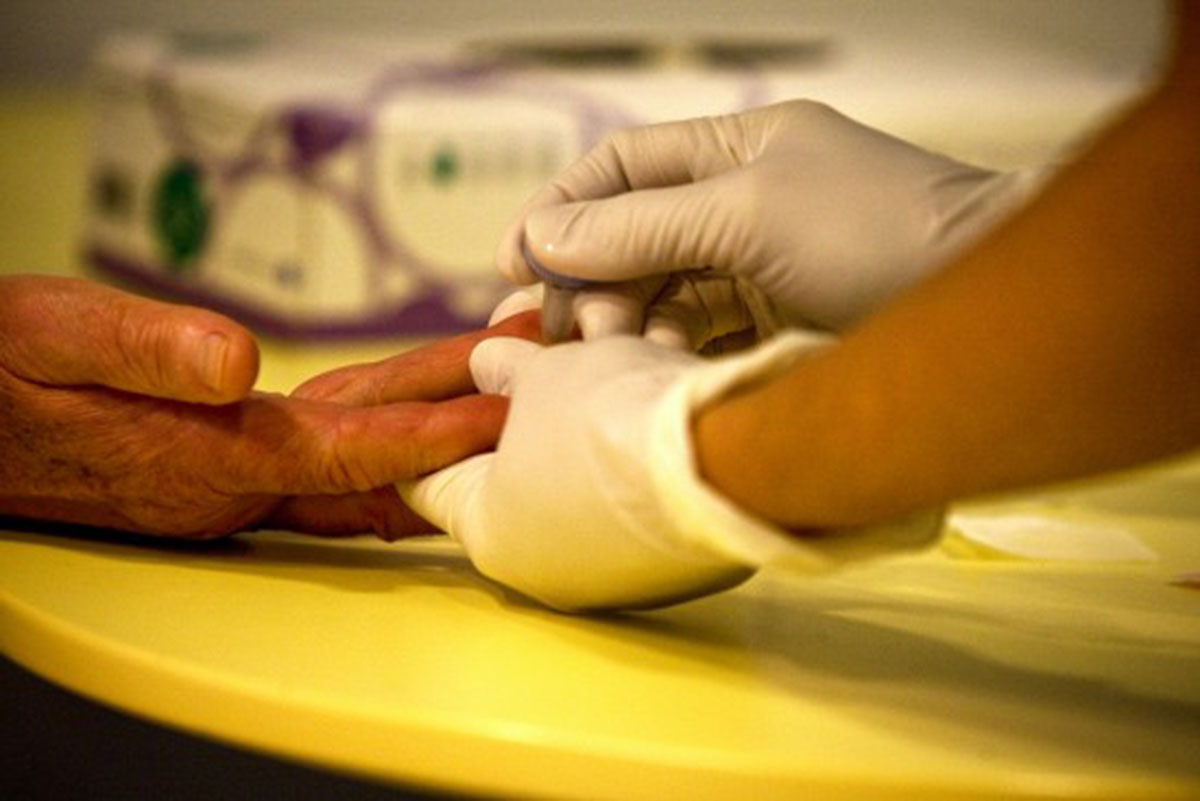Table of Contents
Glucose is a type of sugar, called monosaccharide, derived from the breakdown of complex carbohydrates and proteins. It is important to know that it represents the exclusive fuel of the human nervous system and the primary fuel of most of the other systems in the body.

That’s why, it is easy to understand that a healthy level of glucose in the blood is essential to life and health. What happens if the glucose level is too low? Well, the nervous system and muscular system is starved for fuel and begins to malfunction.
The first symptoms include
- weakness,
- low energy,
- irritability,
- being excessively emotional,
- impaired ability to reason, etc.
Hyperglycemia is harmful to all internal organs and tissues and accelerates the aging process by facilitating the formation of chemical bonds between glucose and the proteins found in the body.
Diabetes and weight changes
Obesity and type 2-diabetes are tightly linked. Nearly 9 out of 10 people with newly diagnosed type 2 diabetes are overweight. The more overweight someone is, the higher their risk of getting diabetes. This risk also progresses with time. Obesity may even sometimes lead to diabetes because of its effects on insulin resistance. Insulin is a hormone produced by the pancreas. The fact is that weight gain is common after starting insulin therapy. Many people gain 0.5- 1.5 kg as the supplemental insulin begins to control their blood sugar. Weight gain is more common in women than in men, but, it's difficult to predict who will gain weight.
How does this weight gain occur?
- It may result as a direct complication of diabetes or
- It can be related to medication being taken to treat other complications, such as antipsychotics.
- www.umm.edu
- www.wikipedia.com
- www.webmd.com
- Photo courtesy of Oskar Annermarken by Flickr : www.flickr.com/photos/oskarannermarken/6347508912/

